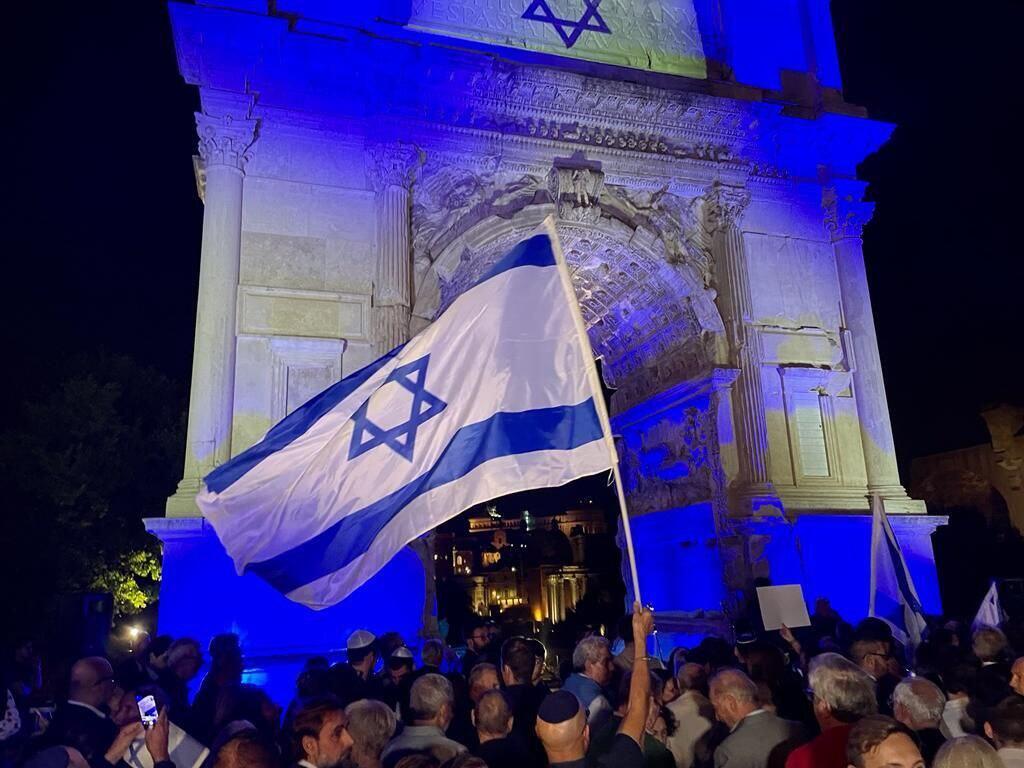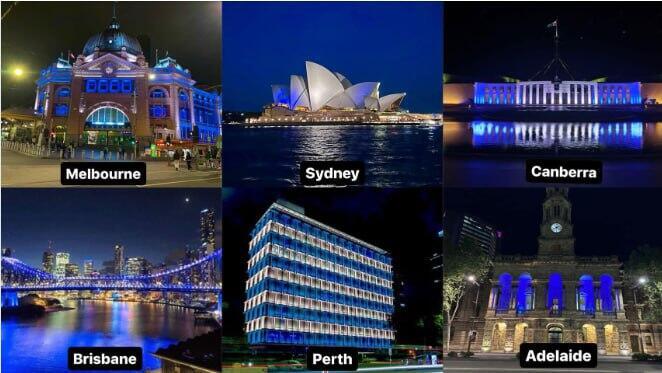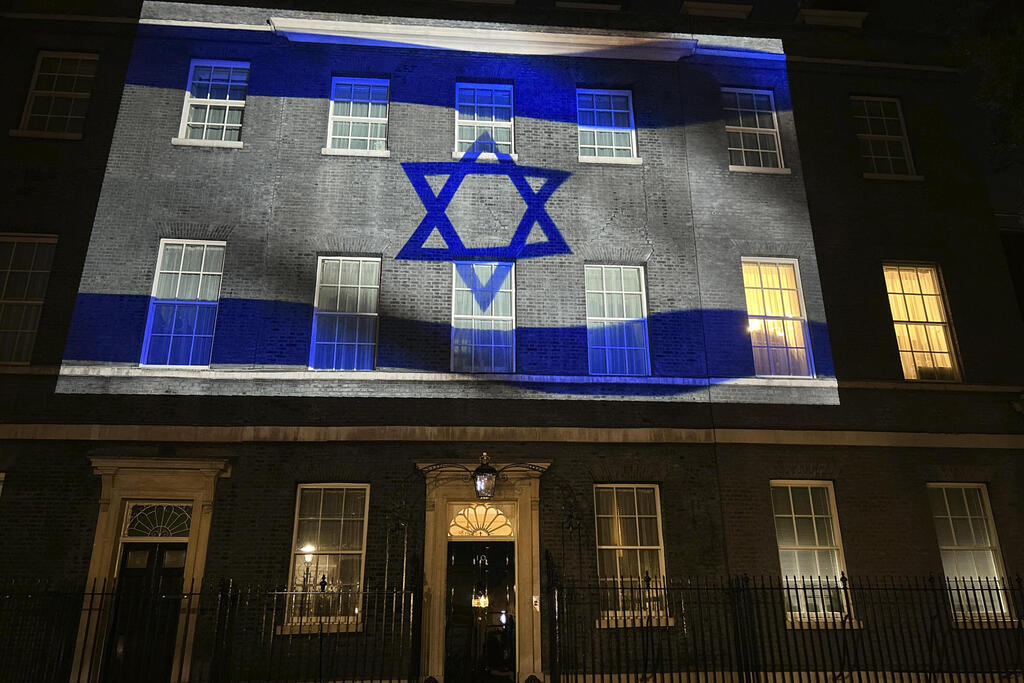Getting your Trinity Audio player ready...
Recent polls conducted in the United States and Europe showed the Foreign Ministry that support for Israel has waned back to before October 7 numbers. Therefore, despite the horrors committed by Hamas, the six months of war followed by the high number of Palestinian casualties (whether civilian or terrorist), caused Israel to lose all the sympathy and support it received after the massacre.
After October 7, Israel benefitted from immense and unprecedented support from the world, which shocked by the actions of Hamas terrorists in the Gaza border communities. The downward trend of recent months reflects several phenomena: the effect of exposure of the world to images of what is happening in Gaza; reports of a humanitarian crisis, hunger, and harm to children; the absence of a clear Israeli plan for the "day after," outlining the end of the war; and the distress of the American President of the United States, who feels Israel is undermining him.
The lack of support for Israel among younger generations is divided into several levels, the most extreme of which is the belief that Israel is a European-American colonialist aggressor; the less extreme group sees that Israel is unwilling to compromise and that the Palestinian side is currently suffering while Israel is the one causing harm. Extreme statements by Israeli ministers exacerbate the situation, making it much more complicated.
In addition, Israel also suffered a serious hit to its image following October 7, shocking Israel supporters who were confident that it was strong enough to face any threat that emerged. Now the feeling is that Israel is weak and dependent, and therefore attacks against it are increasing. "It will take many years, perhaps even decades, to repair the reputational damage caused to Israel in recent months," said senior officials. "These are deep, destructive processes that take a long time to fix."





